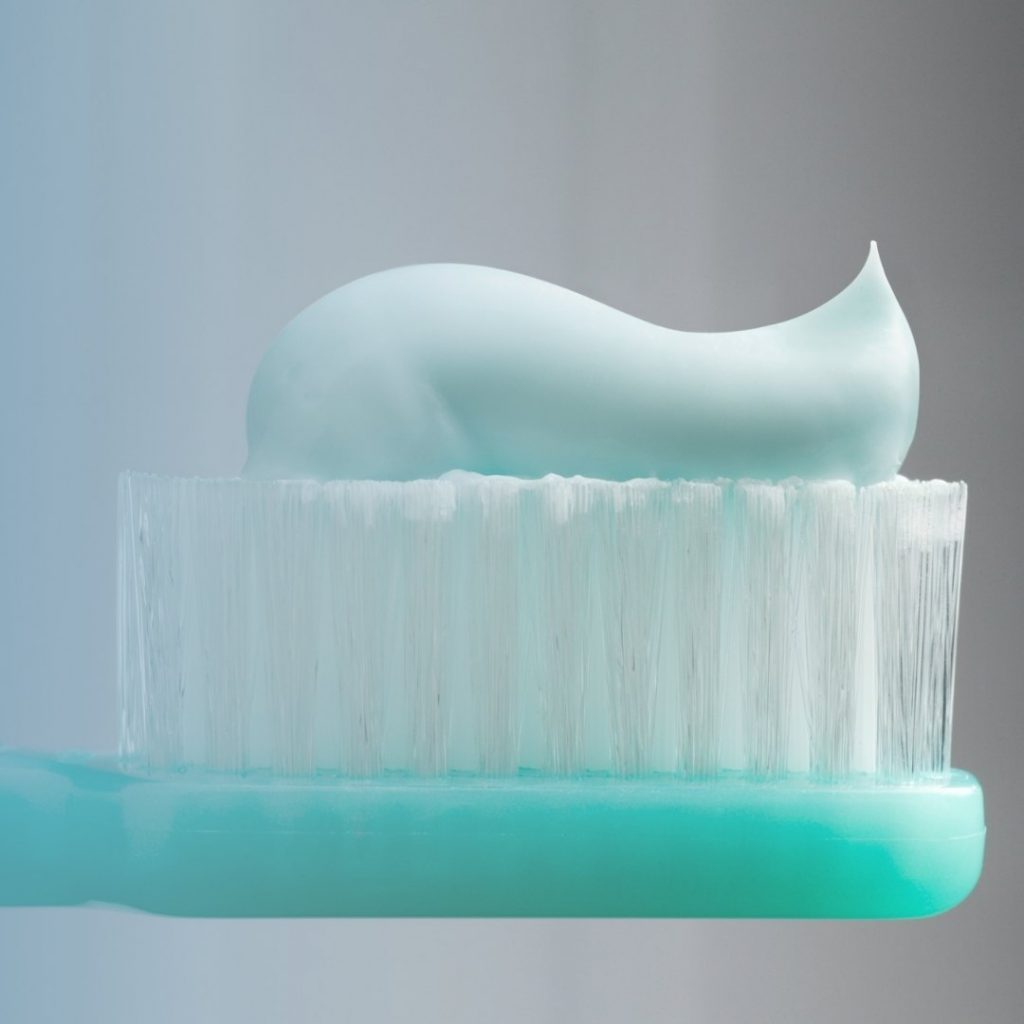Oral Hygiene
Why is oral hygiene so important?
The purpose of oral hygiene is to protect your teeth, gums and mouth from problems like tooth decay and periodontal disease, or gum disease. Not only does practicing proper oral hygiene protect the function of your teeth, mouth, gums, it helps you maintain a confident smile and fresh breath.
Although most people know the basics of proper oral hygiene, it can help to go over the details in case you have been slacking lately in this department.
How To Brush
You should be brushing your teeth at least twice daily, preferably after each meal and snack. Although your mouth may feel clean after eating, food particles can still remain that feed oral bacteria, leading to tooth decay and gum disease.
If you find yourself away from home, you can help minimize food particles left behind after you eat by rinsing your mouth out with some water after eating. This will reduce the load of bacteria in your mouth and much of the food particles. When you return home, resume your normal oral hygiene routine.

How To Floss
Although brushing is important, flossing helps to remove food stuck between your teeth that your toothbrush may not be able to reach. You need to floss once a day.
Caring for Sensitive Teeth
When it comes to sensitive teeth, you need to determine the cause. If you recently underwent some type of dental treatment or procedure that led to temporary sensitivity, you may want to purchase a special toothpaste that minimizes teeth sensitivity. Otherwise, you may need to schedule an appointment to make arrangements for a dental treatment for the underlying cause of your sensitive teeth.
Choosing Oral Hygiene Products
As far as selecting oral hygiene products, you want to focus on those endorsed by the American Dental Association. Toothpaste should contain fluoride to protect tooth enamel. There are a number of toothpastes that also contain natural ingredients that fight oral bacteria.
Your toothpaste is only as good as your toothbrush. If your toothbrush is wearing out, replace it promptly. Getting a new toothbrush about every three months is a good idea. Buy a toothbrush that does not have overly hard bristles that could damage your tooth enamel.
Professional Dental Cleaning
Practicing proper oral hygiene is not always enough. For example, you may miss some spots in hard-to-reach areas, particularly in the back molars. Undergoing a routine, professional dental cleaning can help to ensure that plaque does not have a chance to accumulate on your teeth, potentially causing gum disease.
Regular dental cleanings help:
- Prevent gum disease
- Prevent tooth decay
- Smooth and polish teeth for an attractive smile
Schedule Your Appointment
Do you need more information about oral hygiene? Or has it been a long time since you last visited for a dental cleaning? If so, feel free to contact our office today to request additional information or to schedule an appointment or consultation.

